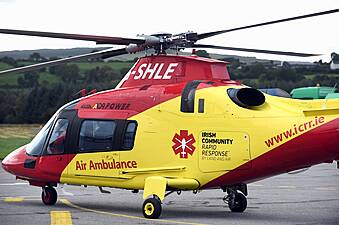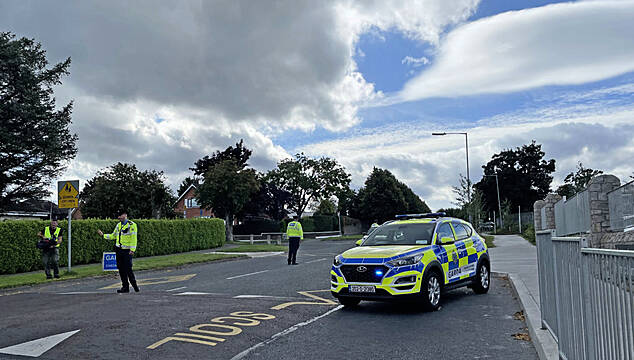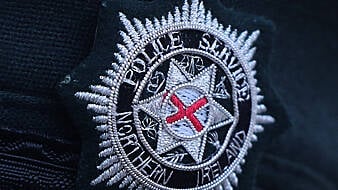Over this bank holiday period, gardaí carried out over 880 mandatory intoxicant testing (MIT) checkpoints which led to over 218 arrests for driving under the influence of an intoxicant.
60 of those were detected between 7am on Monday and 7am yesterday.
Throughout the October bank holiday weekend, an extensive Garda Roads Policing Operation was in place between 7am on Thursday to 7am yesterday.
There were three fatalities on the roads during this period and 15 serious collisions took place that resulted in a number of people receiving serious and life-threatening injuries.
Throughout the weekend, over 2,150 drivers were detected for speeding offences.
Notable top speeds detected include:
- 167km/h in an 80km/h zone on the R162, Leggagh, Castletown, Co. Meath;
- 159km/h in a 100km/h zone on the N24 at Carrick-On-Suir, Co. Tipperary;
- 146km/h in an 80km/h zone on the R339, Glenrevagh, Oranmore, Co. Galway.
512 vehicles were seized by gardaí for a range of offences under the Road Traffic Act, 1961 and more than 40 drivers were arrested for dangerous driving.

Fixed Charge Notices for other road offences during this period included:
- Using a mobile phone – 209;
- Unaccompanied learner drivers – More than 200;
- No Seatbelts – Over 75;
- No tax or insurance – Over 375.
Enforcing road traffic laws is a core element of road safety. However, there is a personal responsibility on every road user to exercise caution to ensure their safety and the safety of others, gardaí said.
"It is disappointing that, in spite of public awareness campaigns and widespread efforts among both gardaí and relevant partners such as the Road Safety Authority urging motorists to slow down - drivers continue to travel at dangerously excessive speeds on Irish roads," gardaí said.
"Anyone prepared to drive at the speeds that were detected over the Bank Holiday weekend has the potential to destroy lives, including their own."







